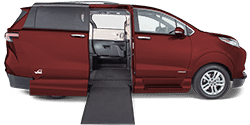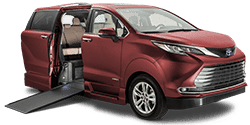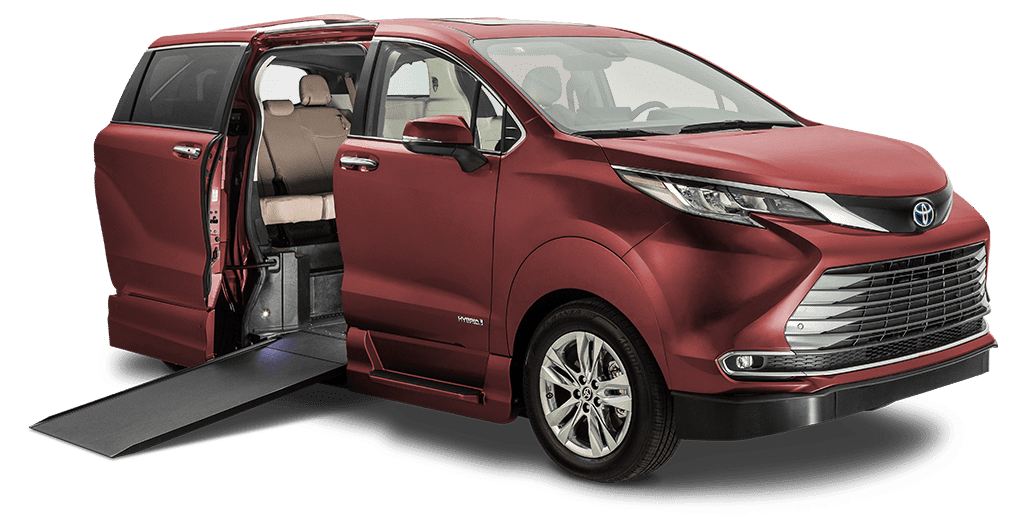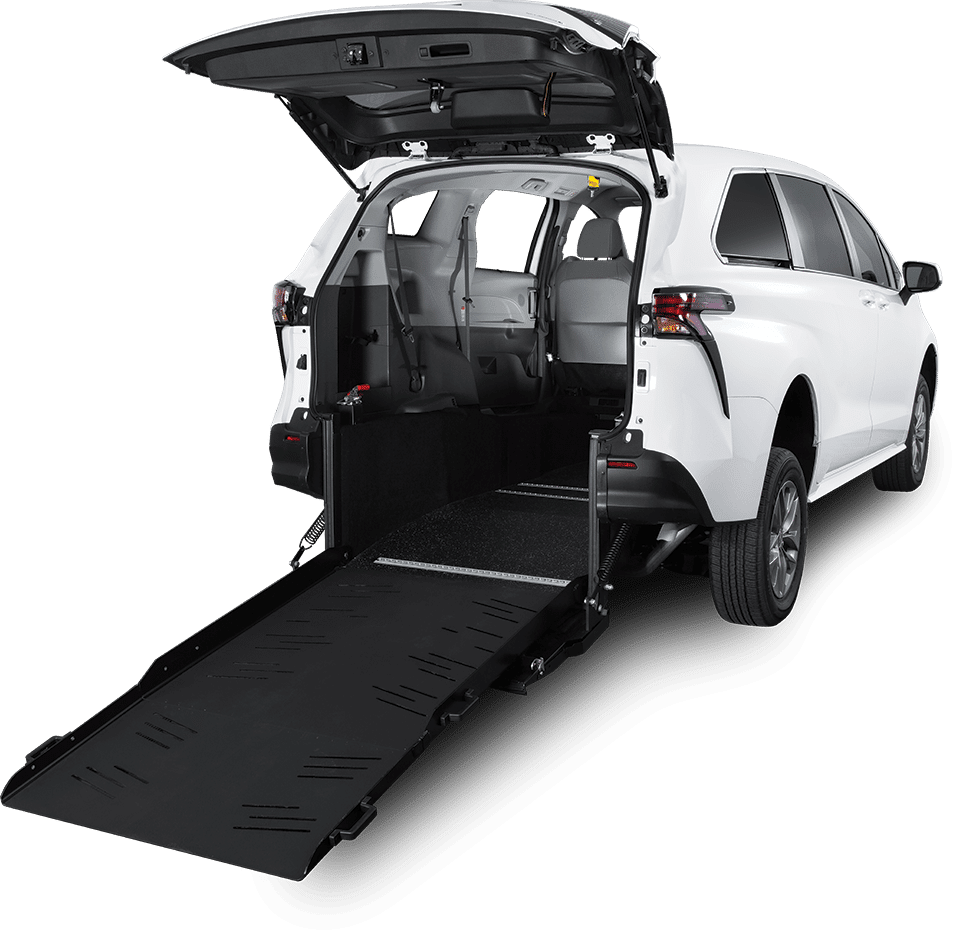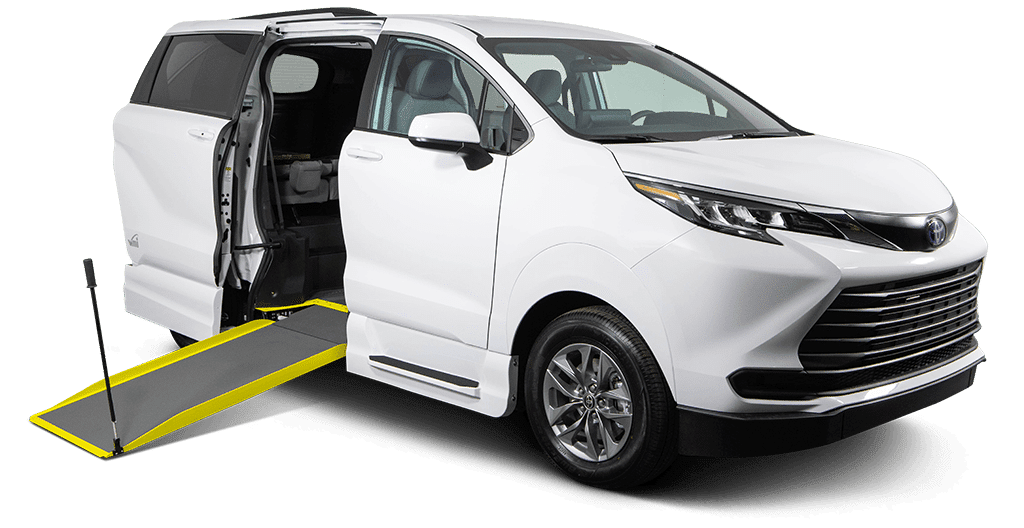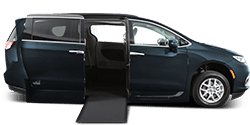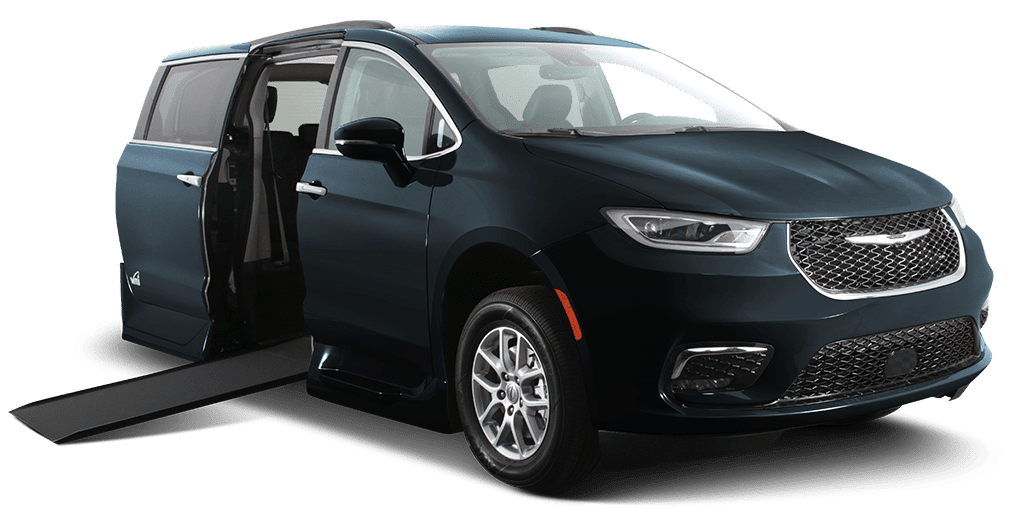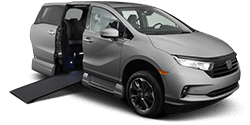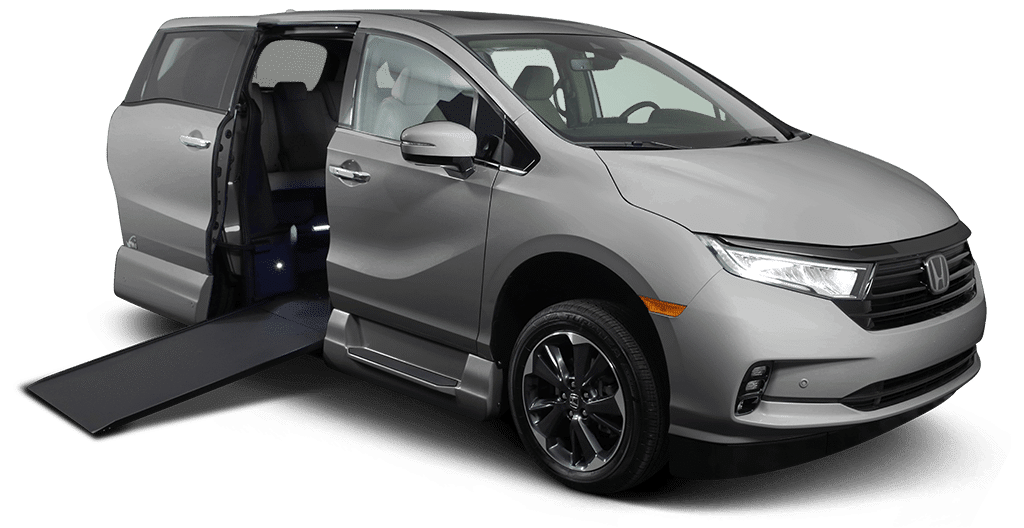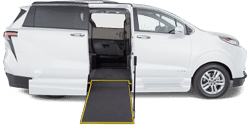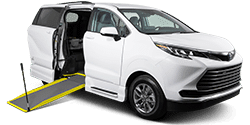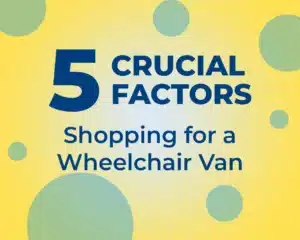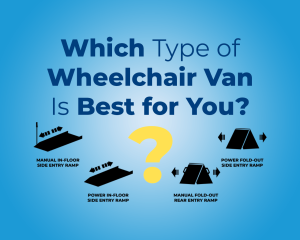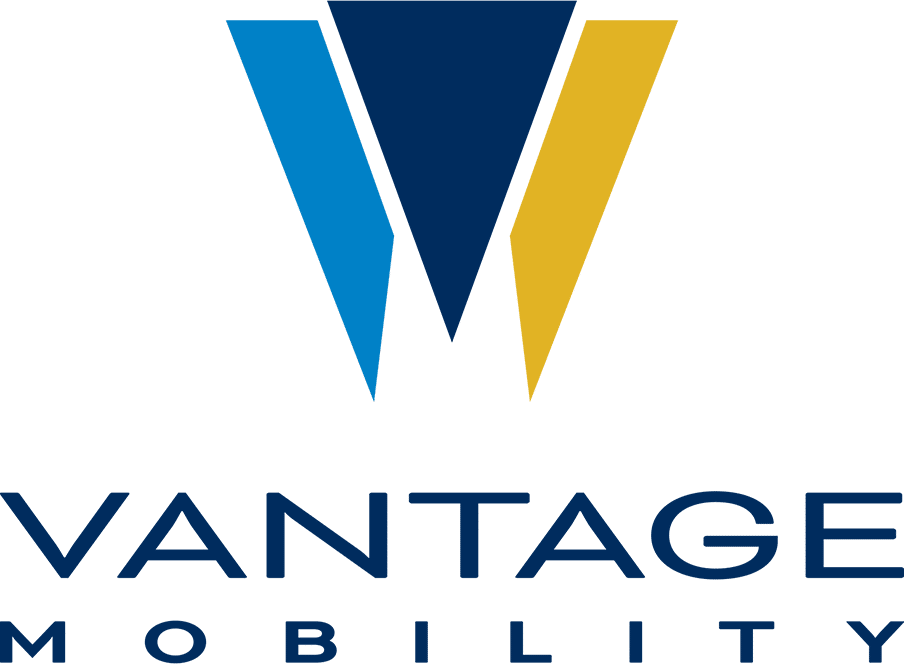Job hunting is tough — it can be especially daunting if you have limited mobility. Finding a job when you have a disability can be less challenging if you know where to start, though.
Pv Jantz is a rehabilitation counselor for people with disabilities with the Arizona Rehabilitation Services Administration under the Arizona Department of Economic Security.
Jantz’s deafness hasn’t stopped him from pursuing a career in a field he says he’s deeply passionate about.
“People typically say it’s their disability (that prohibits their employability), but I disagree with that,” Jantz said. “Both professional experience plus my own personal experiences tells me that the biggest barrier is other people’s attitudes related to disabilities.”
Jantz was told he wouldn’t graduate high school, and he was labeled intellectually disabled. Today, he has two bachelor’s degrees from Portland State University, a master’s degree in rehabilitation counseling from Western Oregon University, and is nationally certified through the Commission on Rehabilitation Counselor Certification.
We spoke with an interpreter present. He is just one example of rejecting the notion that being disabled means having limited career options. Here’s some of what he had to say about job hunting as a person with a disability.
Step 1: Find Motivation
Jantz says when he rejects his clients’ notions of being undesirable employees, for many of them, it’s the first time an outside source has ever told them they’re capable. It’s the first time somebody else looks beyond their disability and sees them as whole human beings. As a deaf man, Jantz emphasizes how important it is to understand your disability and how it has affected your life.
Before you go job hunting, take some time for internal reflection:
- What are your needs in a job?
- How does your disability empower you?
- How do other people with disabilities in this industry tackle the job’s challenges?
Once you know your innate worth, it’s easier to tackle job hunting challenges with confidence and gusto. The quality of your daily conversations, résumé, job interviews, and more should be honed in with your needs in mind.
Step 2: Identify the Right Industry and Field
Your interests are what will drive your work ethic and ability to persevere and improve. It’s not enough to look for a job with accessibility — the job has to be right for you. Work in a field that aligns with your interests.
Step 3: Identify Skills and Capabilities
Think critically about the skills you bring to the table. Are you good with computers? Are you a phenomenal writer? Don’t underestimate yourself. More than that think about how your capabilities can augment your skills. Are you a quick learner or fast problem-solver? You’d be surprised how these assets can tie into your skills and land you a job.
Step 4: Learn How to Market Yourself
Next, it’s time to prep for the interview. This step in the process is about how you can make yourself look better than the competition. How do your skills and capabilities apply to the job you have? If possible, bring anecdotes to the interview to answer any potential questions they may have.
Step 5: Research and Network
Compile a list of the companies with jobs you’re interested in. Do your homework before you apply, and try to determine the following:
- Who does the hiring? Is there a way to connect with them on social channels like LinkedIn?
- Do your interests align with theirs?
- How did others in similar positions earn the job?
- What were their previous experiences?
Most importantly, find out whether a company has buildings designed to to be inclusive of wheelchair accessibility. If you have limited mobility and plan to work in an office setting, ensure the building is wheelchair-accessible before applying.
In this step, it may even be helpful to reach out to community resources in your area who line face similar challenges you do. Even recruiters earn job opportunities people with wheelchairs would benefit from your LinkedIn request. You never know who will provide you with your next opportunity.
Step 6: Get Out There and Apply
Ready to apply? Whether you’re a college graduate ready for a first job or you’re simply looking for greener, more accessible pastures, these job options may suit your needs.
Work-from-Home
It’s clear that having the benefit of working from home will allow for the most flexibility. This can include anything from medical transcription, data entry, technical support, freelance writing or graphic design, web development or even inbound sales.
Government Work
Since the government sets the standards that prohibit discrimination, it has some of the best jobs for people with disabilities. Many federal agencies even have recruiters specifically dedicated to helping people with disabilities find an appropriate position. If you are set on an office environment, this is a great job path to follow.
Mystery Shopper or Product Tester
Some stores and restaurants will hire secret shoppers to visit their establishment and rate the experience. This is a great job for critical thinkers. It’s an opportunity to let the business know if they are lacking in accessibility.
Other companies hire product testers to try out their new products, which can be done from the comfort of your home. Once you sign up, the company will send you products and pay you to provide reviews (bonus: free stuff!).
Call Center Employee
For the charismatic go-getters, try call centers for customer service or sales. If you are comfortable with a computer, this is a great option, as companies are always on the hunt for call center employees. Some employees even have the opportunity to work from home, making this a great option for people with limited mobility.
Legal Secretaries, Legal Assistants, or Paralegals
If you have administrative experience and the right training, working in the legal field is a viable job option for people in wheelchairs. People in these positions generally work in an office and perform tasks that contained to a desk or computer. Plus, should you need to appear in court, most courthouses have the appropriate accommodations for wheelchair access.
Though it can arduous to find the right job for your needs, all of the work will pay off. Follow these steps and find a company that you’ll be excited to go to every day.

